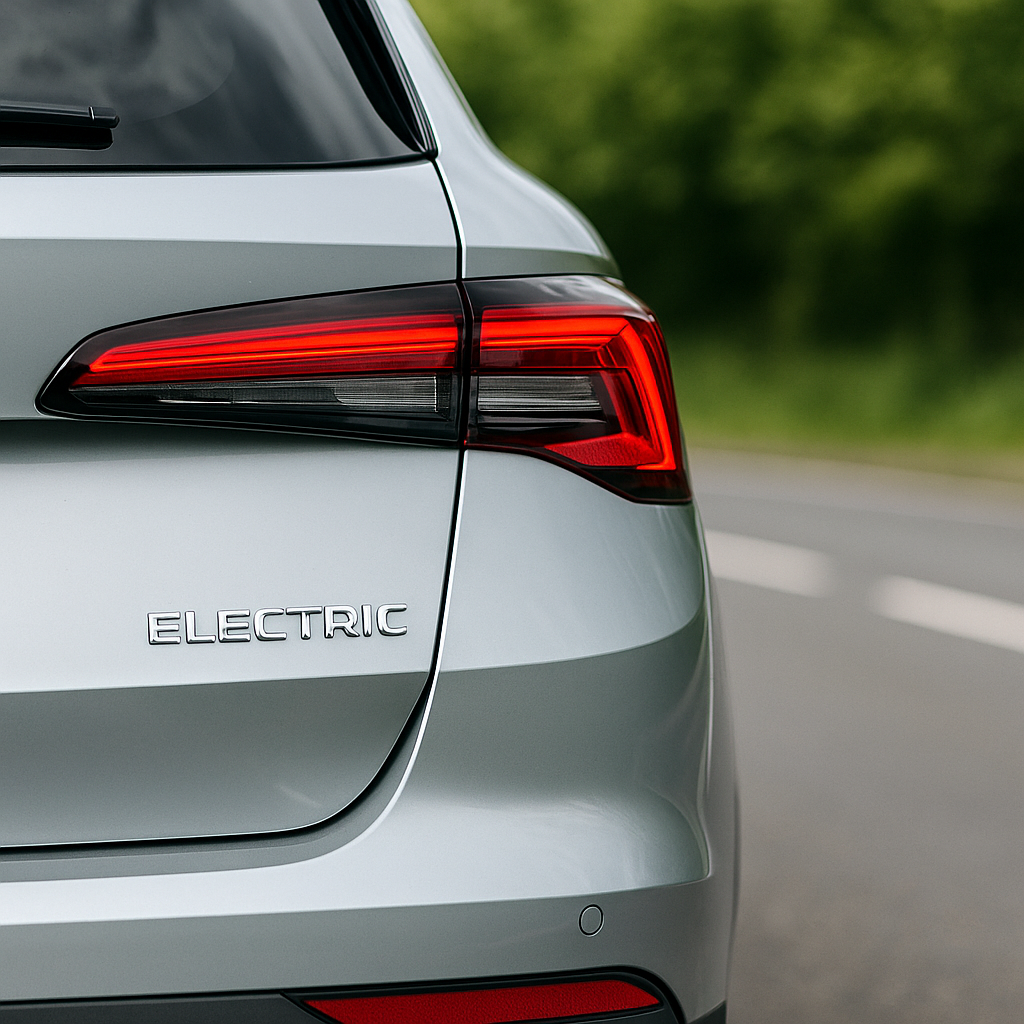Call Monday-Friday 9am - 6pm Closed Saturday & Sunday



[ Contact Us ]
Need Help? Calling from a mobile please call 0151 647 7556
0800 195 4926Do you have a question? or need help?
Call Monday-Friday 9am - 6pm Closed Saturday & Sunday,
A significant change will affect electric vehicle (EV) owners in the UK from April 2025. Driving an EV was exempt from Vehicle Excise Duty (VED) for years, but that's about to end.
Starting next tax year, the government is rolling out a new policy that will see electric cars treated the same as their petrol and diesel counterparts when it comes to road tax. It's a move aimed at balancing the books and reflecting the rising popularity of EVs , but it also changes the maths for anyone considering going electric.
Let's break down what's changing, what it means for your wallet, and how insurance choices come into sharper focus.
Until now, EVs have enjoyed a free pass on VED. That benefit goes out the window from April 1st, 2025. Here's how the new rules shape up: 
That's a sharp contrast from zero.
It's simple: revenue. As more drivers go electric, the tax income from fuel duty and VED is dwindling. The government wants to make up the shortfall while still encouraging EV adoption through other channels like grants and charging infrastructure.
The new charges aim to make the tax system "fairer" across all types of vehicle users. Whether that's actually fair is up for debate , but what's clear is that the honeymoon period for EV tax perks is officially over.
While £195 a year might not sound like much, it adds up over time. And for high-end electric vehicles, that £620 figure suddenly starts to feel like a meaningful annual cost.
It's also worth considering the cumulative effect.
Buying an EV may still drive down your fuel costs, and it is also better for the environment. However, the overall cost of ownership is increasing.
If you are investing tens of thousands of pounds in a car, it is essential to ensure you do so with your eyes open.
With this shift in tax policy, insurance takes on new weight in the EV ownership equation. Here's where smart decisions can save you money and headaches. As we provide a range of insurance products at Total Loss GAP, we can discuss how EVS may have been impacted by changes in underwriters' views in 2025.
EVs, like most new cars, depreciate quickly , sometimes even faster than internal combustion engine cars due to rapidly evolving tech and incentives for newer models.
If your car is written off or stolen, your standard insurer pays out based on the current market value, not what you paid. That could leave you thousands out of pocket if you're still repaying a finance agreement.
GAP (Guaranteed Asset Protection) Insurance fills that gap, covering the difference between your insurer's payout and either the original purchase price or the remaining finance balance.
If you've just bought a new EV (especially one over £40,000), GAP insurance isn't just a nice-to-have , it could be financially vital.
It is true that the statistics on EV depreciation have seen some underwriters increase premiums compared to a traditional petrol or diesel vehicle.
Electric vehicles tend to be heavier due to their batteries, which puts extra strain on tyres and wheels. Add in the UK's pothole-riddled roads and kerbside parking, and damage may be likely than you'd think.
Tyre and alloy repairs can be costly, and these aren't usually covered by standard insurance. A dedicated Tyre and Alloy Wheel Insurance policy can cover repair or replacement, saving you hundreds (or more).
EVs often come with sleek, modern finishes , and any scratches or dents can stand out like a sore thumb. That's not just an aesthetic issue; it can affect your car's resale value.
Cosmetic repair insurance cover handles the cost of sorting out minor scuffs, dents, or paint damage, usually without affecting your no-claims bonus.
There are also handback charges potentially for EV vehicles at the end of their lease. Another reason to consider a form of car costmetic insurance for your alloys and car bodywork.
As drivers try to keep premiums affordable, many opt for higher voluntary excesses. But if you do need to claim, that means more out of pocket.
Motor excess insurance reimburses your excess after a valid claim, turning a potentially expensive surprise into a minor hiccup.

Most EV buyers may not be buying their car outright. They may be leasing or financing through a Personal Contract Purchase (PCP). That makes protecting the car's future value even more important.
If you're in a lease or PCP finance deal, GAP insurance can become even more important. You don't own the car outright unless you pay the options final payment (also know as the GFV, or Guaranteed Future Value) at the end. However, you are still liable for any shortfall if the vehicle is written off. Without cover, you could end up paying for a car you no longer have.
If you're thinking about switching to an EV, these tax changes shouldn't put you off. Electric cars still make sense for a lot of drivers , especially with lower running costs, government incentives, and access to Clean Air Zones.
But the days of EVs being the budget-friendly option by default are numbered. As upfront prices remain high and tax creeps in, you'll want to think harder about the hidden costs.
Getting the right insurance mix is part of that.
The end of tax exemption for electric cars marks the end of an era. It's not catastrophic, but it is a financial reality check for current and prospective EV drivers.
If you're going electric, great , but go in with your eyes open. Consider what the new VED costs mean over the years you plan to own the car, and make sure your insurance covers more than just the basics.
Smart cover isn't just peace of mind. It's the difference between an inconvenience and a financial mess if something goes wrong.
Sources: